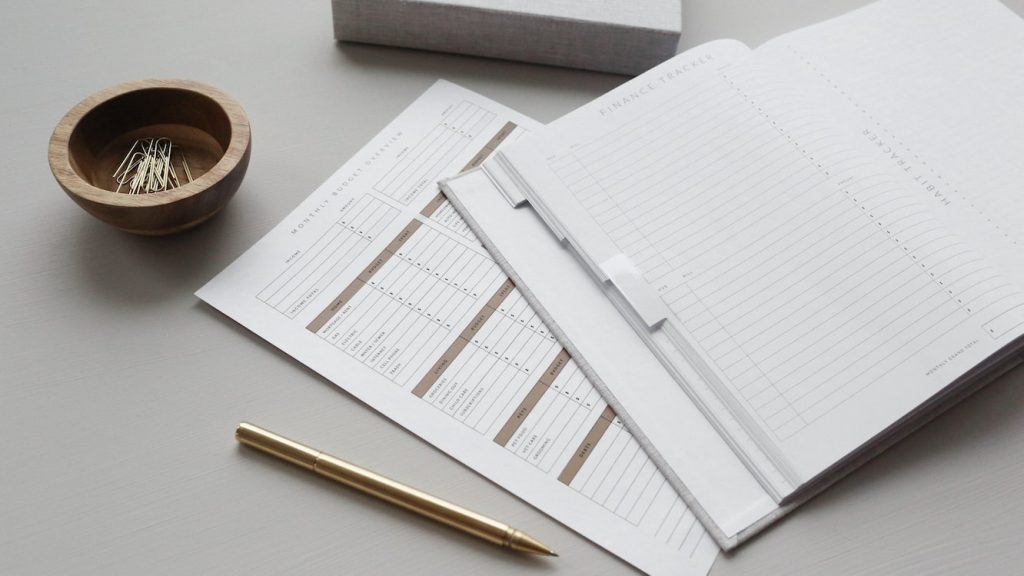There are many ways to improve your financial situation. It doesn’t matter where you are starting from, there is always room for improvement. But it can be tough to know where to start. So we’ve put together a few tips that should help get you on the right track.

Personal Loans
When it comes to improving your finances, personal loans can be an incredibly useful tool. However, when used incorrectly, they can create more financial problems than they solve. Therefore, it is important to ensure that a personal loan is a right choice for you and your situation before applying for one. You can get personal loans in Singapore or any other country by doing a quick online search. Personal loans are unsecured loans that do not require collateral, and they usually offer more attractive interest rates than credit cards.
Before applying for a personal loan, it is important to understand the terms and conditions of the loan including the fees, repayment period, and interest rates. Depending on your current financial situation and creditworthiness, you may be able to get lower interest rates from banks or other financial institutions. Additionally, you should compare the different loans available to make sure that you are getting the best deal possible.
Monitor Your Credit Score
Your credit score is an important part of your financial life. A good credit score can help you get better interest rates on loans and other financing opportunities. It can also improve your chances of getting approved for a loan or line of credit. That’s why it’s important to monitor your credit scores regularly and work to maintain a good score. To get started, check your credit report and score from the three major credit bureaus (Experian, Equifax, and TransUnion). Make sure all the information on the reports is accurate.
Pay attention to any erroneous negative marks that can drag down your score. If you see anything wrong or have questions about why something happened to your score, contact the credit bureau or your bank to find out more information. You can also work on improving your score by paying bills on time, using less of your credit limit, and avoiding unnecessary inquiries into your credit history.
Having a good credit score not only helps you when applying for financing but also opens up other opportunities like getting a better interest rate on a mortgage or car loan. It’s also worth noting that some employers, landlords, and insurers may check credit scores when making decisions about hiring, renting, and insurance rates. So by keeping an eye on your credit score, you can make sure that it works in your favor!
Pay Down Debt
Carrying too much debt can be an overwhelming burden. Paying down debt should be a top priority when it comes to improving your finances. Start by making a list of all of your debt and the interest rates associated with each loan or credit card balance. This will give you an idea of which debts need to be paid off first.
When it comes to tackling debt, there are several strategies you can employ. For example, if you have multiple credit cards and loans with different interest rates, it might make sense to focus on paying off the highest-interest debts first. This will help you save money in the long run because you won’t be paying as much interest over time. Another option to consider is consolidating your debt into one loan. This will help streamline the repayment process and may even result in a lower interest rate.
Create A Budget
Creating a budget and tracking expenses are essential for keeping your finances in check. Start by listing all of your fixed expenses, such as rent or mortgage, car payments, utilities, and insurance premiums. Then add up your variable expenses like groceries, entertainment, and clothing. Calculate your total income from wages or investments to determine how much you have left over after all your expenses have been paid. You can also use a budgeting tool or app to help you track and manage your spending.
When choosing a budgeting tool, be sure to consider what features are important for your needs. Many tools come with features like the categorization of expenses and income, visuals that track your spending over time, and access to financial advisors who can help you set goals and manage your money. A good budgeting tool should also have the ability to sync up with your bank accounts to keep track of your transactions automatically.
Make A Savings Plan
Start by setting short-term financial goals, such as saving for an upcoming vacation or creating an emergency savings fund. Then set long-term goals, such as saving for retirement or a down payment on a house. Once you have your financial goals in place, create a plan for how to reach those goals. Start by setting up automatic transfers from your checking account into your savings account each month so that you are consistently saving money without having to actively think about it. You can also set up multiple savings accounts with different goals in mind to help you stay on track.
Consult A Professional
If you’re feeling overwhelmed or unsure about how to proceed with improving your finances, it may be helpful to consult a financial professional. A certified financial planner can help you create a comprehensive plan for managing your money and reaching your goals. They can also provide tailored advice based on your current situation and future plans.
When choosing a financial advisor, look for someone who is experienced, licensed, and has a track record of success. It’s also important to make sure that they are a good fit for you and your needs – be sure to ask questions during the initial consultation to get a sense of how they work and how comfortable you feel with their approach.

By understanding your credit score, paying down debt, creating a budget, making a savings plan, and consulting a professional when necessary, you can take control of your finances and set yourself up for success. Improving your financial situation can be an intimidating process, but it doesn’t have to be! With the right tools and knowledge in place, you can be on your way to a healthier financial future.
